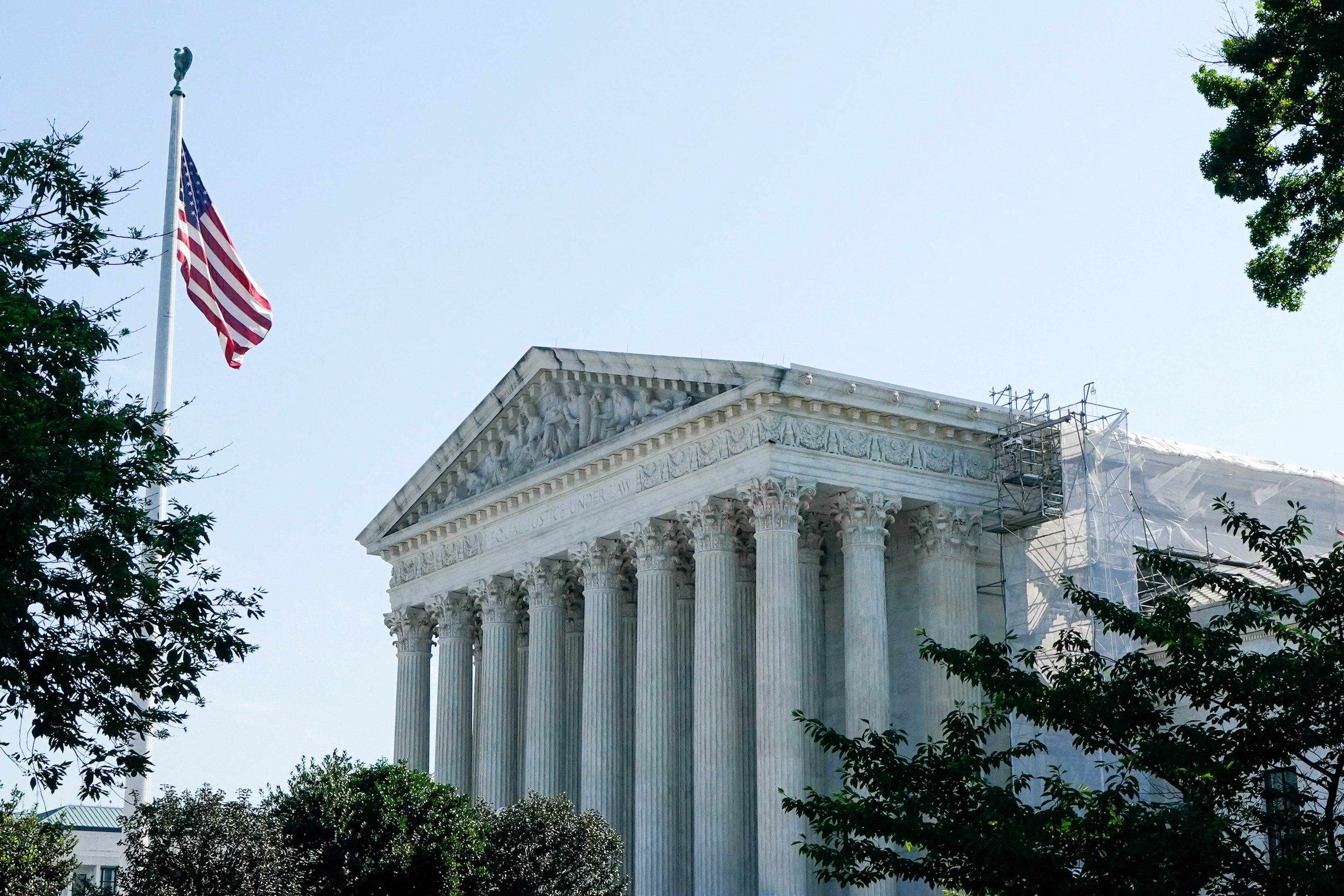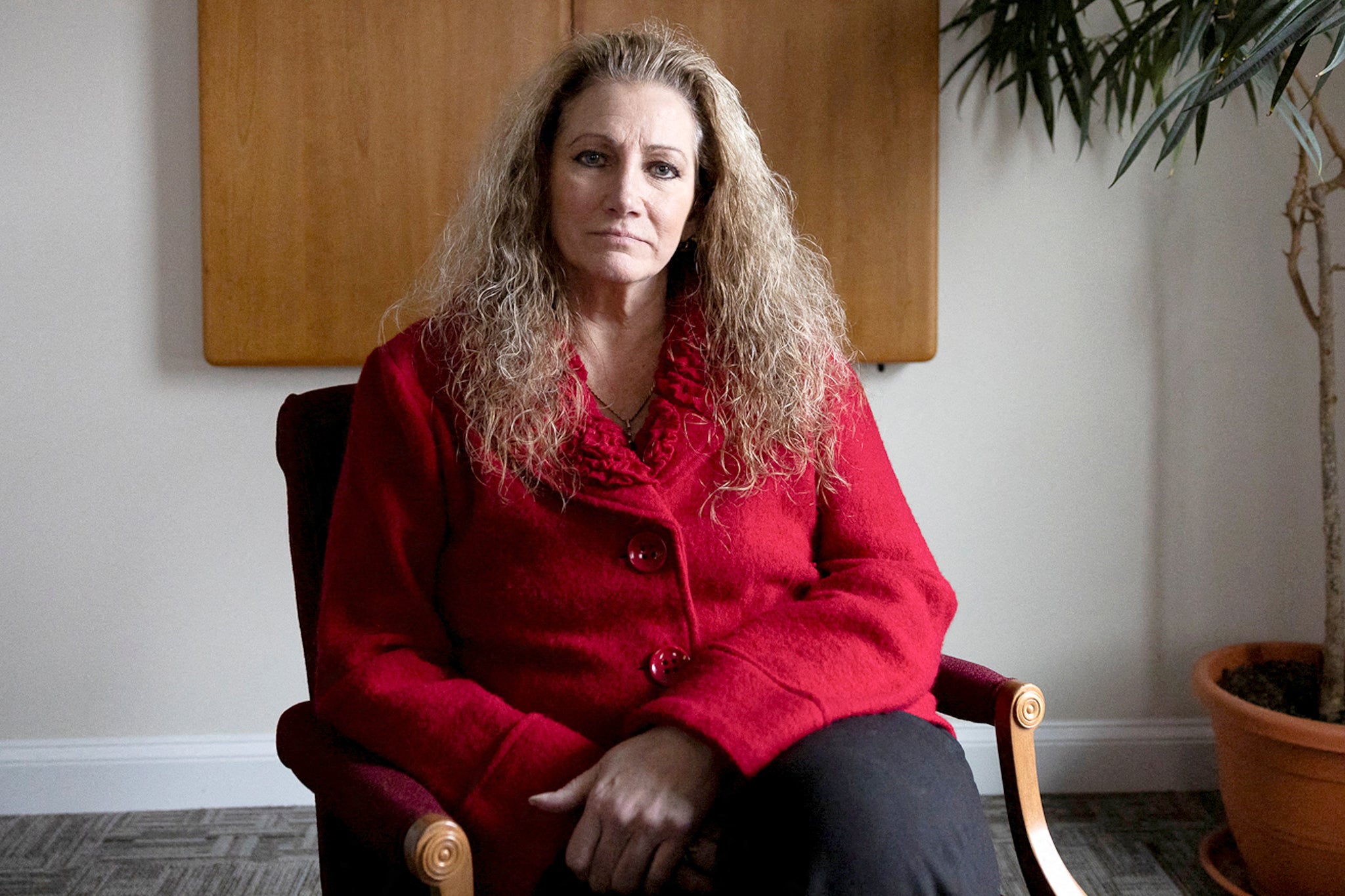Supreme Court sides with straight woman who claims she was passed over for job in gay ‘reverse discrimination’ case
Case stems from a woman in Ohio who claimed she was being discriminated against for being straight
Individuals belonging to “majority groups” in some parts of the country may find it easier to bring cases of discrimination after the Supreme Court sided with a heterosexual woman in a case about employer discrimination.
In a unanimous ruling on Thursday, the justices lowered the bar for people in majority groups (typically considered white, heterosexual, cisgender, and male) to bring claims of discrimination by striking down a “background circumstances” rule implemented by some lower courts.
Under that rule, Marlean Ames, a straight woman from Ohio, was denied the ability to sue her employer for what she alleges was discrimination against her sexual orientation.
Ames, who worked at the Ohio Department of Youth Services, said her boss, a gay woman, passed her over for a promotion and instead gave it to another gay woman who was less qualified. She was then demoted and a gay man who was also less qualified was given her position.
The justices ultimately sided with her, saying the “background circumstances” test was “not consistent with Title VII’s text or our case law construing the statute.”

Courts have previously relied on “background circumstances” when reviewing discrimination cases as they apply to majority groups. These standards require a person in the majority group to show that their employer is the “unusual one” that discriminates against members of majority groups.
Thursday’s ruling means Ames may move forward with her lawsuit.
It also reverses lower court rulings that have relied on “background circumstances,” since it was created in 1981, to determine cases of reverse discrimination. Moving forward, people belonging to “majority groups” could bring claims of racial discrimination as a result of diversity, equity and inclusion policies – something President Donald Trump is determined to dismantle in the administration.

During oral arguments, justices appeared inclined to side with Ames, agreeing that there was something “suspicious” about the circumstances of her workplace treatment.
Ames, a 20-year employee of the department, was denied a promotion in 2017 after she began working for a lesbian woman. The promotion instead went to another gay woman. After new leadership wanted to restructure the agency’s operations, she was demoted and a less qualified gay man was given her original role.
“Our case law thus makes clear that the standard for proving disparate treatment under Title VII does not vary based on whether or not the plaintiff is a member of a majority group,” Justice Ketanji Brown Jackson wrote for the unanimous opinion.
This case was Ames v. Ohio Department of Youth Services.


Join our commenting forum
Join thought-provoking conversations, follow other Independent readers and see their replies
Comments